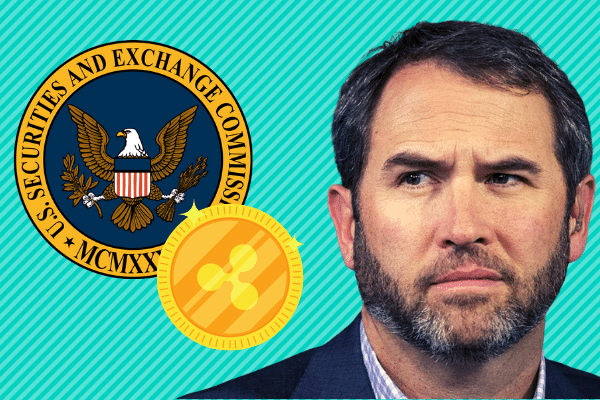Ripple CEO Brad Garlinghouse has emphatically declared that the recent court ruling against the Securities and Exchange Commission (SEC) represents a complete loss for the regulatory body, dismissing any notion of a split victory.
In response to Fox Business correspondent Charles Gasparino’s mention of potential fines by Ripple to settle the portion of the SEC case it lost, Garlinghouse maintained that the SEC lost on all crucial aspects, as confirmed by legal experts. He further criticized any attempt by the SEC to portray the verdict as a partial win, deeming it “pathetic.”
The lawsuit, filed by the SEC in December 2020, accused Ripple Labs of conducting unregistered security offerings through the sale of XRP. At the core of the case lay the question of whether XRP qualified as a security.
Garlinghouse underscored this pivotal point, emphasizing that the case never revolved around monetary penalties, but rather aimed to establish that XRP did not fall under the definition of a security. According to him, Ripple emerged victorious in this aspect, while the SEC suffered a resounding defeat.
In a significant court decision, it was determined that XRP “is not a security.” This ruling encompassed sales on exchanges, transactions by executives, as well as other distributions of XRP to developers, charities, and employees. The verdict was celebrated as a major triumph by Ripple and the broader cryptocurrency industry.
Addressing a common misconception about the judge’s ruling, Paul Grewal, the chief legal officer at Coinbase, clarified that XRP was never deemed a security under any circumstances.
He refuted the notion that the judgment suggested XRP’s classification as a security could vary, stating that the opposite was true. Grewal cited a portion of the ruling, emphasizing that “XRP, as a digital token, is not in and of itself a contract, transaction, or scheme that embodies the Howey requirements of an investment contract.”
The court’s decision brings significant clarity to the status of XRP, firmly establishing that it is not considered a security. Ripple and its supporters view this outcome as a resounding victory, underscoring the SEC’s failure to prove its case and solidifying their position within the crypto industry. As the aftermath of this landmark ruling unfolds, its impact on the regulatory landscape and the broader cryptocurrency market remains to be seen.



